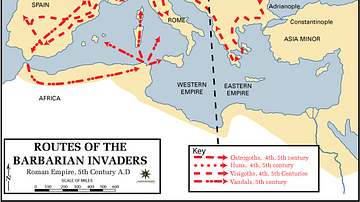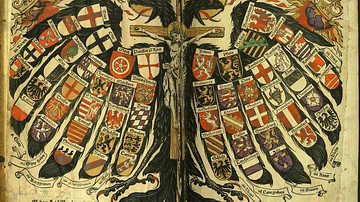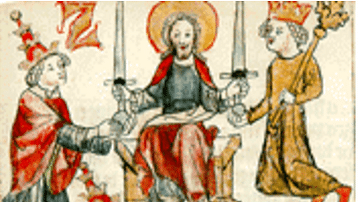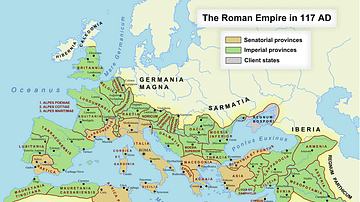Search
Remove Ads
Advertisement
Summary 
Loading AI-generated summary based on World History Encyclopedia articles ...
Search Results

Interview
Interview with Simon from Lithodomos VR
In this interview, Ancient History Encyclopedia is talking to Simon Young, the founder of Lithodomos VR, which is a company based in Melbourne, about their new platform Ancient World! Simon (Lithodomos VR): Hi, Kelly. It is great to be here...

Definition
Simon Forman
Simon Forman (1552-1611) was an Elizabethan physician, astrologer, magician, and alchemist who lived and worked in both London and Wiltshire, England. He was unusual in that despite receiving no formal training in medicine or astrology, and...

Definition
Western Roman Empire
The Western Roman Empire is the modern-day term for the western half of the Roman Empire after it was divided in two by the emperor Diocletian (r. 284-305 CE) in c. 285/286 CE. The Romans themselves did not use this term. At its height (c...

Definition
Roman Empire
The Roman Empire, at its height (c. 117), was the most extensive political and social structure in western civilization. Building upon the foundation laid by the Roman Republic, the empire became the largest and most powerful political and...

Definition
Apocrypha and Pseudepigrapha
In the 2nd century CE, as Christianity was in the process of becoming an independent religion, a body of literature emerged that scholars classify as apocrypha and pseudepigrapha. Apocrypha (Greek: apokryptein, "to hide away") are those books...

Definition
Holy Roman Empire
The Holy Roman Empire officially lasted from 962 to 1806. It was one of Europe’s largest medieval and early modern states, but its power base was unstable and continually shifting. The Holy Roman Empire was not a unitary state, but a confederation...

Definition
Saint Peter
Saint Peter the Apostle was a well-known figure in early Christianity. Although there is no information on the life of Peter outside the Bible, in the Christian tradition, he is often depicted as the first on many occasions: the first to...

Article
The Ideology of the Holy Roman Empire
"The Holy Roman Empire was in no way holy, nor Roman, nor an empire," wrote Voltaire, and this interpretation still dominates the popular imagination, so the Holy Roman Empire is treated as a bad joke, a pale parody of the glory of Rome...

Article
The Extent of the Roman Empire
Time has seen the rise and fall of a number of great empires - the Babylonian, the Assyrian, the Egyptian, and lastly, the Persian. Regardless of the size or skill of their army or the capabilities of their leaders, all of these empires fell...

Article
Fall of the Western Roman Empire
To many historians, the fall of the Western Roman Empire in the 5th century CE has always been viewed as the end of the ancient world and the onset of the Middle Ages, often improperly called the Dark Ages, despite Petrarch's assertion. Since...